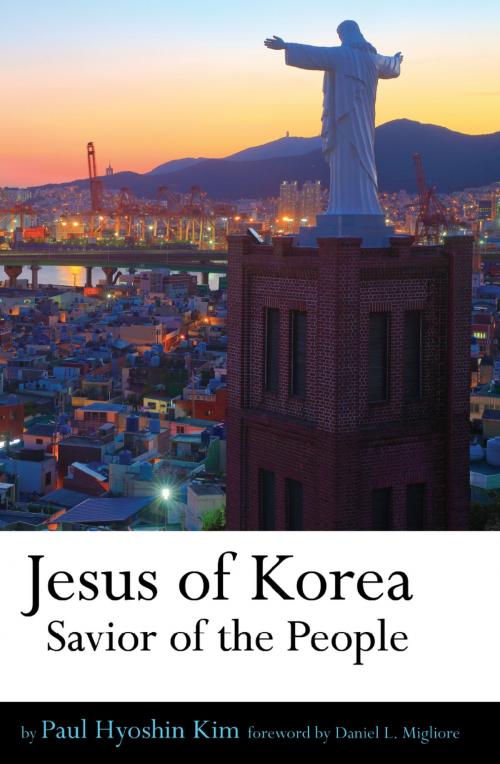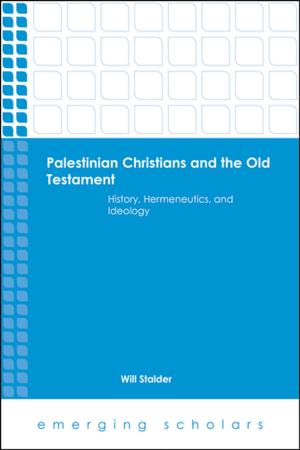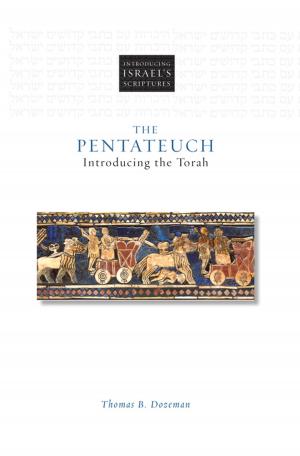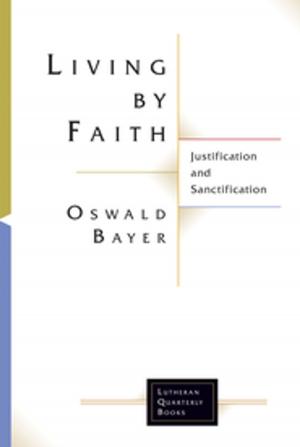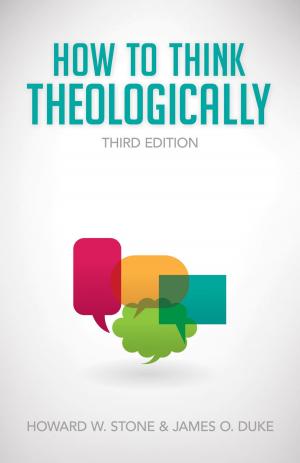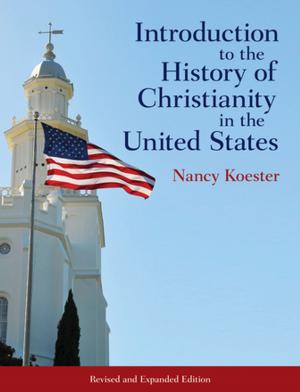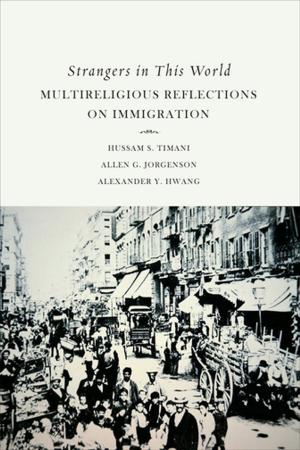Jesus of Korea
Savior of the People
Nonfiction, Religion & Spirituality, Christianity, Missions & Missionary Work, Theology, Church| Author: | Paul Hyoshin Kim | ISBN: | 9781506406824 |
| Publisher: | Fortress Press | Publication: | May 19, 2016 |
| Imprint: | Fortress Press | Language: | English |
| Author: | Paul Hyoshin Kim |
| ISBN: | 9781506406824 |
| Publisher: | Fortress Press |
| Publication: | May 19, 2016 |
| Imprint: | Fortress Press |
| Language: | English |
In 2010, nearly 30 percent of South Koreans—a country with a Confucian tradition over 1000 years old—identify as Christian, the largest percentage of Christians in an Asian nation, aside from the Philippines. Korea also boasts of having the largest church in the world; it also has the largest Presbyterian, Methodist, and Pentecostal churches in the world. Its vibrant spirituality, devout church life, and missionary zeal are well known around the world; its number of missionaries—nearly 20,000—is second only to US churches.
How can we explain this religious revolution in modern Korea? Many people look to the 1970s and 1980s to find the cause of the rapid growth of Christianity in Korea. But to understand the real story behind the growth of the Korean church, we need to rediscover the story of the American missionary enterprises of the late nineteenth and early twentieth centuries. There, we will learn how the story of the “American Christ” came to Korea and gradually became a part of the Korean people’s story. After the missions, he is no longer the American Christ, but Jesus of Korea.
In 2010, nearly 30 percent of South Koreans—a country with a Confucian tradition over 1000 years old—identify as Christian, the largest percentage of Christians in an Asian nation, aside from the Philippines. Korea also boasts of having the largest church in the world; it also has the largest Presbyterian, Methodist, and Pentecostal churches in the world. Its vibrant spirituality, devout church life, and missionary zeal are well known around the world; its number of missionaries—nearly 20,000—is second only to US churches.
How can we explain this religious revolution in modern Korea? Many people look to the 1970s and 1980s to find the cause of the rapid growth of Christianity in Korea. But to understand the real story behind the growth of the Korean church, we need to rediscover the story of the American missionary enterprises of the late nineteenth and early twentieth centuries. There, we will learn how the story of the “American Christ” came to Korea and gradually became a part of the Korean people’s story. After the missions, he is no longer the American Christ, but Jesus of Korea.
